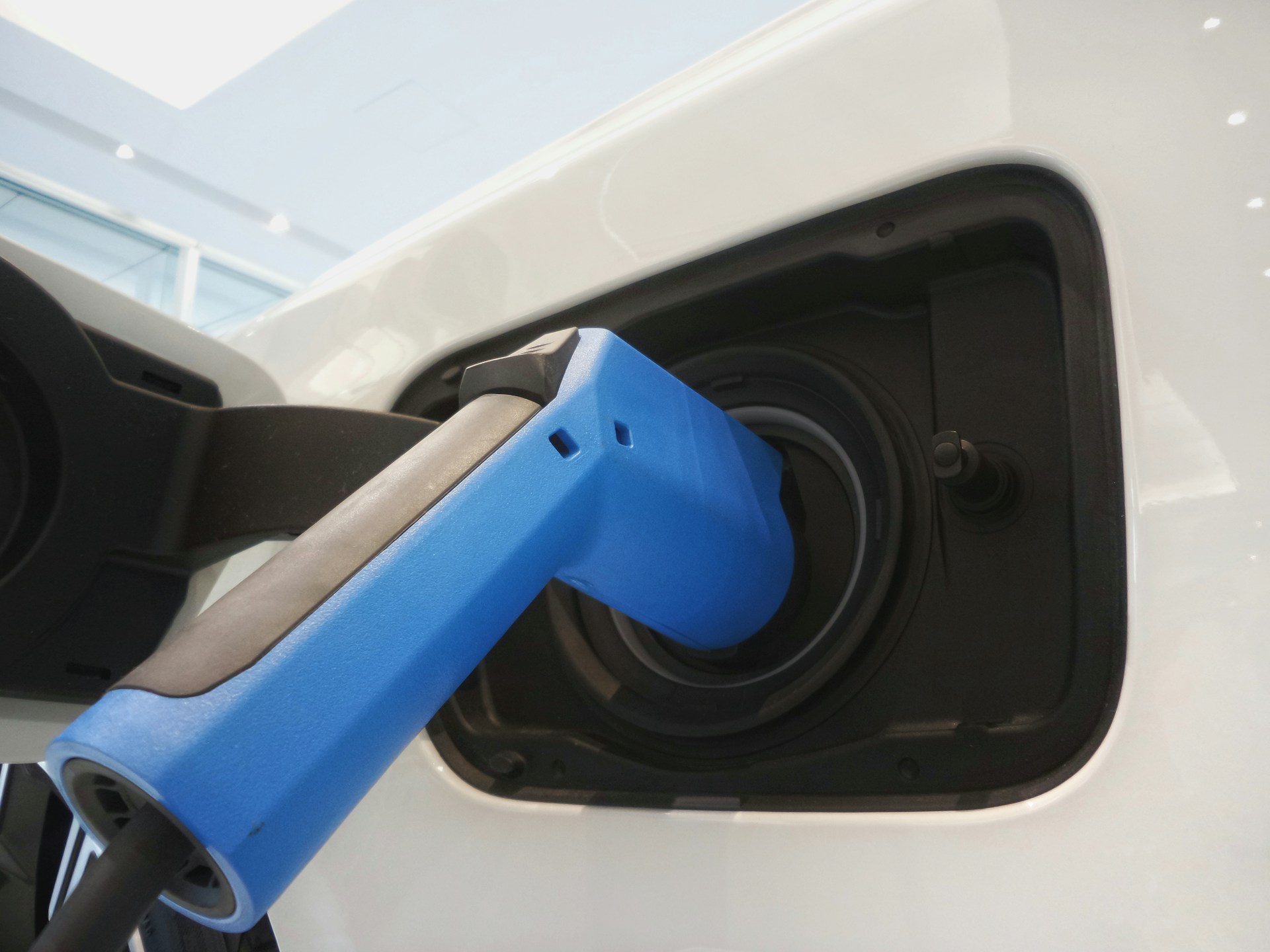Revolutionary Breakthrough: South Korea Develops Car Battery That Charges in Five Seconds
In the relentless quest to find the fastest way to recharge onboard batteries, a groundbreaking achievement has been made in South Korea with the creation of the first sodium-hybrid battery, which significantly outperforms traditional lithium-ion technology. This new battery boasts remarkable performance in terms of storage capacity, power, charging speed, and longevity, as reported by the scientific journal Energy Storage Materials. Since 2020, sodium-ion (Na+) batteries have achieved performance levels comparable to those of lithium-ion batteries. The sector has since continued to make significant strides, driven by the global need to develop a more cost-effective energy storage technology that is less dependent on current supply chains for critical materials.
The KAIST Achievement
The latest advancement comes from a team of scientists at the Korea Advanced Institute of Science and Technology (KAIST). Led by Professor Jeung Ku Kang from the Department of Materials Science and Engineering, the team has developed a sodium-ion hybrid battery with outstanding performance that can recharge in just five seconds. The key to this breakthrough lies in an innovative architecture that integrates anode materials typically used in batteries with cathodes suited for supercapacitors. While the concept of hybrid Na+ storage isn’t entirely new—having emerged in recent years as a promising application in energy storage—this approach overcomes the weaknesses of more conventional sodium-ion batteries.
The Role of Supercapacitors
To address the challenges of long charging times and limited storage capacity, the South Korean team has developed a new anode material with enhanced kinetics by incorporating fine active materials into porous carbon derived from metal-organic frameworks. The fully assembled cell not only surpasses commercial lithium-ion batteries in energy density but also achieves power density levels comparable to those of supercapacitors. Specifically, the sodium-hybrid battery charges rapidly and reaches an energy density of 247 Wh/kg and a power density of 34,748 W/kg. In short, a revolution in energy storage is imminent.










